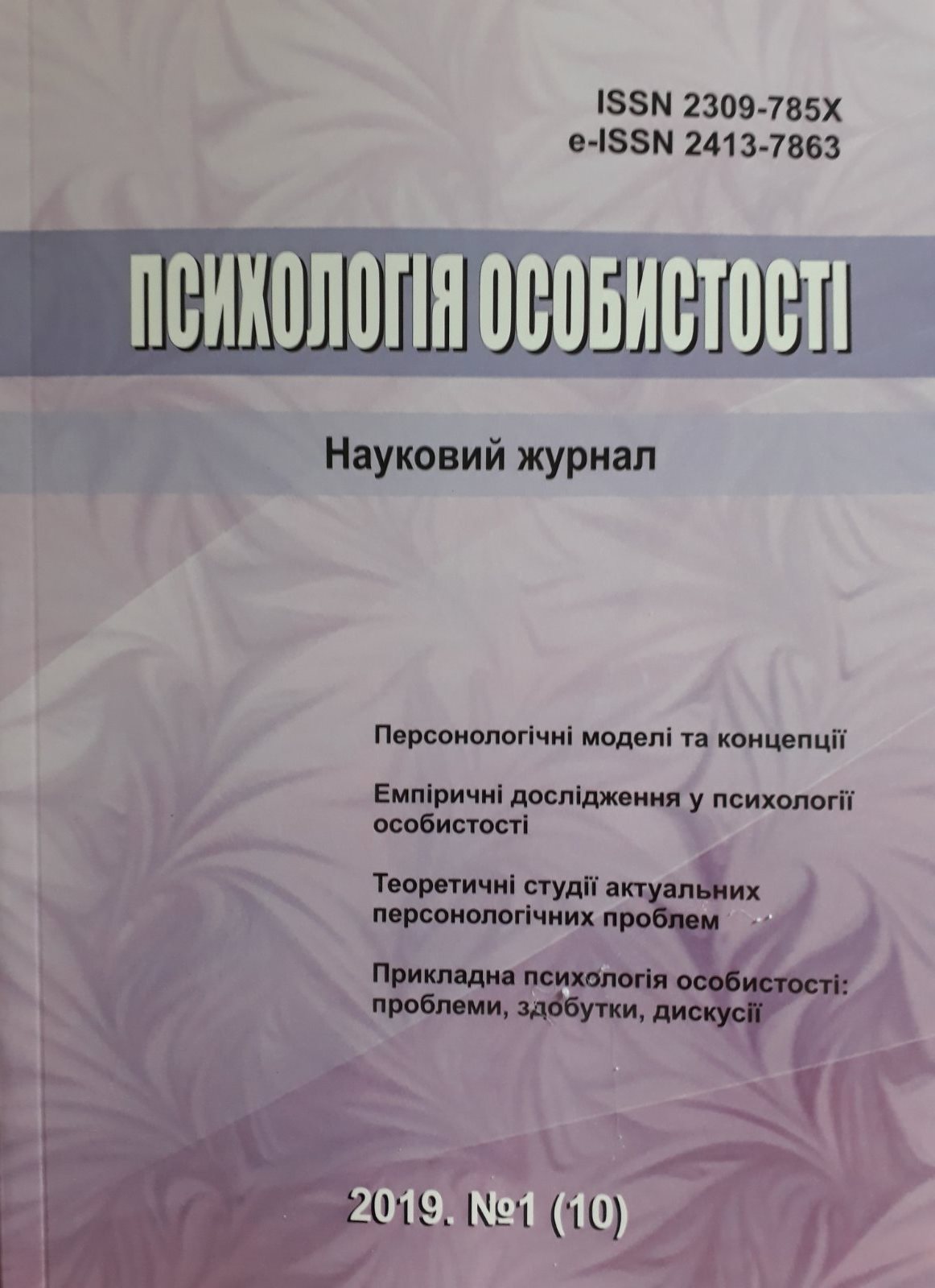EFFECTIVE T-GROUP COUNSELOR IN THE CONTEXT OF MODERN EMPIRICAL RESEARCH
DOI:
https://doi.org/10.15330/ps.10.1.209-215Keywords:
personality, training, T-group, counseling, authenticity, facilitative skills, professional competence.Abstract
This article focuses on the essential elements of leading effective groups in T-group counseling. T-group has become increasingly popular in our psychologically oriented society. Currently, the purpose of T-group activities is to help participants become aware of their own emotional reactions, to understand group interaction and to appropriately modify their own behavior based on experience gained. Nowadays, T-groups are often identified with therapeutic ones, although there are significant differences between them both in terms of group dynamics and in terms of the personality requirements of the leaders. Accordingly, the problem of empirical study of the personal and professionally important qualities of the leading T-groups does not lose its relevance. Empathy, personal warmth, courage, flexibility, inquiry, encouragement, and the ability to confront are vital skills too. Counseling group leaders must wear many hats in helping their groups make progress. The more skills within the counselors’ repertoires the more effective they will ultimately become. T-training is defined as a constellation of content (the specific knowledge, skills and attitudes that underlie targeted group competencies), tools (task analysis, performance measures) and delivery methods (information, demonstration and practice-based learning methods) that together form an instructional strategy. It is outlined the major assumptions and key concepts of the defining effective T-group counselors properties. The features and the variety of studies, including several recent studies that extend T-group theory are outlined. It is established that the main characteristics of an effective T-group counselor: cognitive complexity, tolerance for uncertainty, and a positive attitude to oneself, to other people and to their work, emphasizing that the latter is the key to conducting training - both educational and therapeutic. That is, relational qualities of professional competence can be considered as the most important for the personality of the leading training groups.

